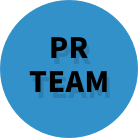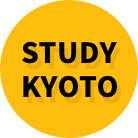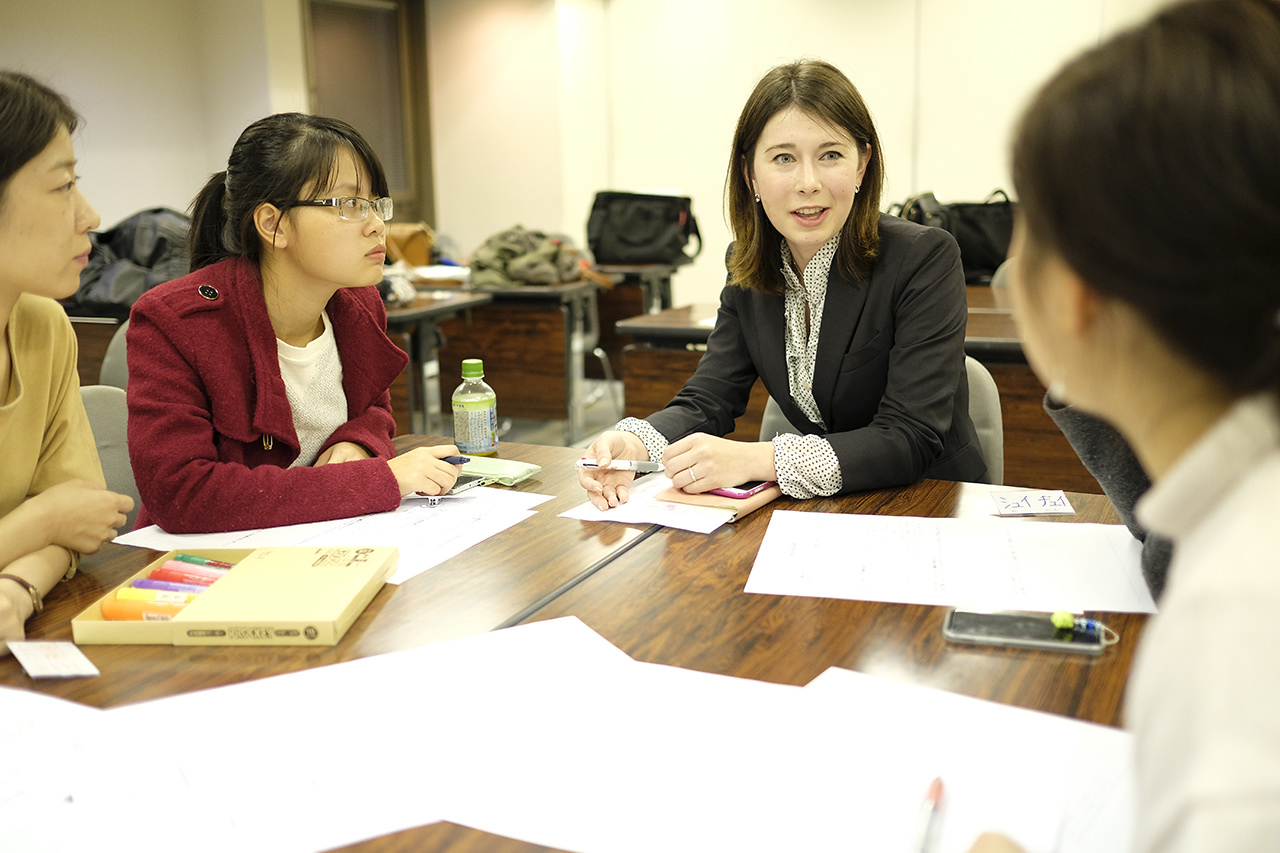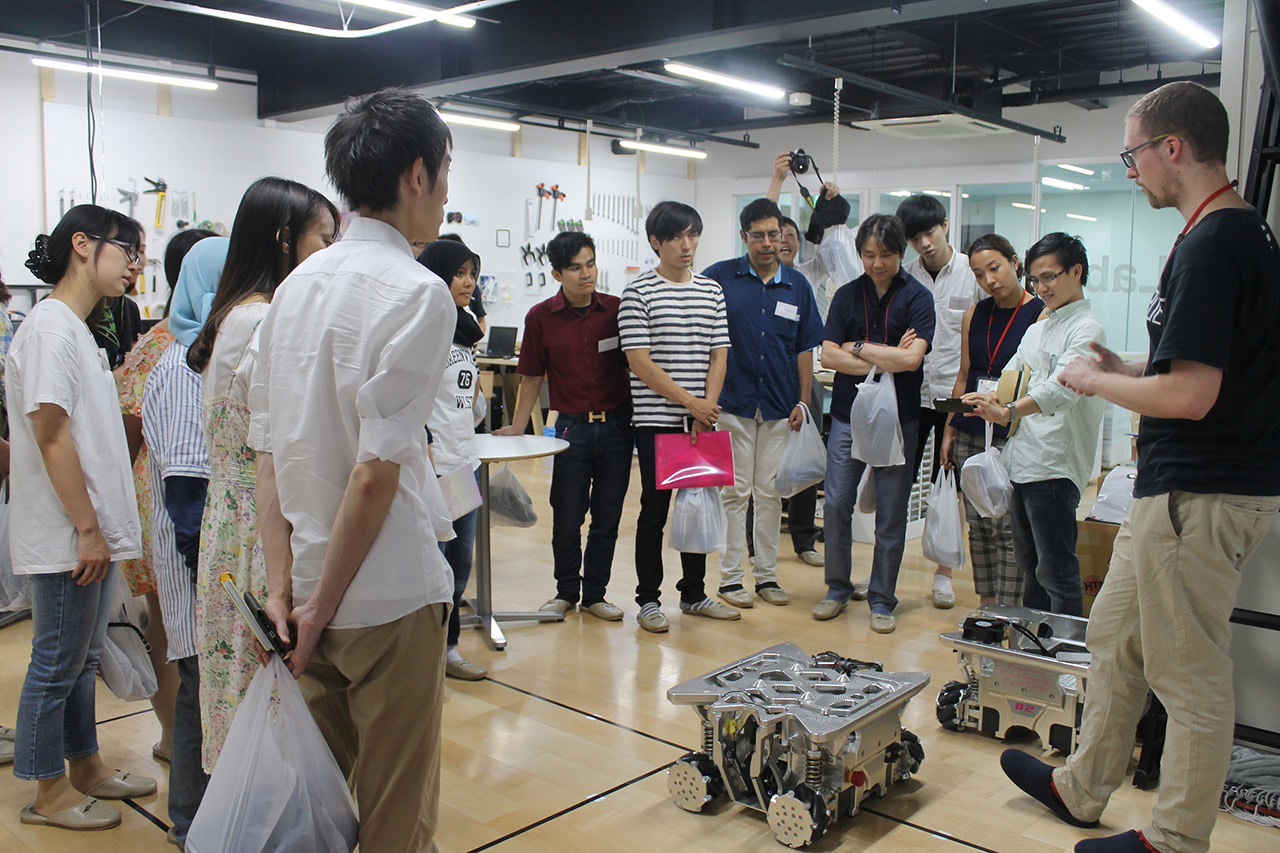Kinh nghiệm tìm việc tại Nhật Bản của sinh viên quốc tế tốt nghiệp ngành Khoa học Xã hội năm 2024.
2023.11.24
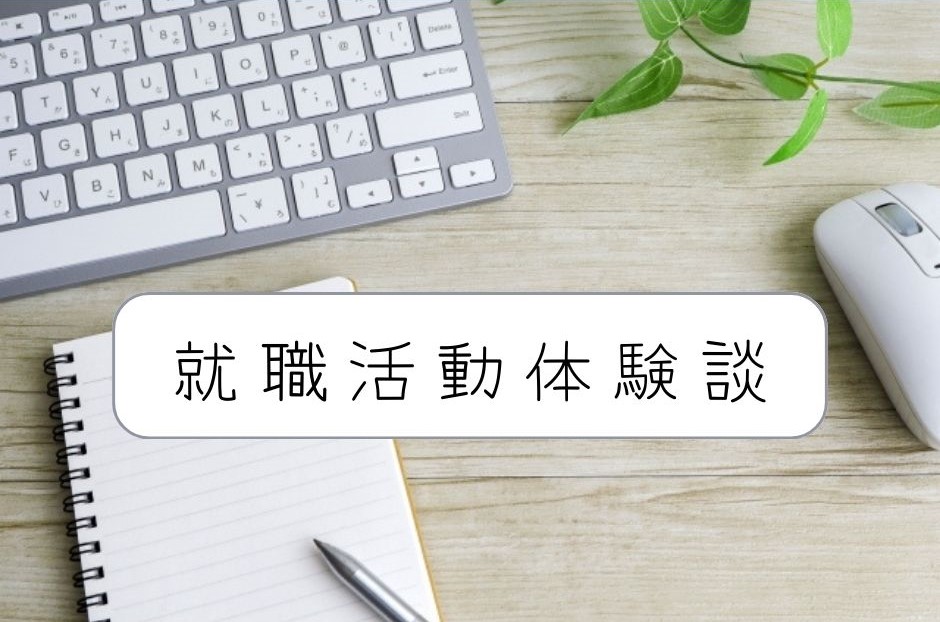
Chào mọi người! Tôi là sinh viên quốc tế sẽ tốt nghiệp ngành Khoa học Xã hội vào tháng 3 năm 2024, và tôi muốn chia sẻ với các bạn về kinh nghiệm và cảm nhận của mình trong quá trình tìm việc tại Nhật Bản mà tôi đã nỗ lực từ năm ngoái.
Tôi không có nhiều chứng chỉ ngoài ngoại ngữ và thực sự cũng không tham gia nhiều vào các chương trình thực tập, nhưng cuối cùng tôi đã nhận được lời mời làm việc từ công ty đa quốc gia mà tôi mong muốn nhất. Dĩ nhiên, một phần cũng nhờ vào may mắn, nhưng tôi muốn sắp xếp lại quá trình tìm việc của mình ở đây, hy vọng có thể giúp đỡ các bạn sinh viên quốc tế tương lai trong quá trình tìm việc của mình.
1. Lịch trình tìm việc (Trường hợp của sinh viên tốt nghiệp năm 2024)
Tháng 6 năm 2022: Vào tháng 6 năm thứ 3 đại học, tôi đã đăng ký trên các trang web tìm việc cho sinh viên mới tốt nghiệp như MyNavi và RikuNavi cùng với các bạn bè. Lúc này tôi chưa quyết định ngành nghề hay công việc cụ thể mà mình muốn làm. Vì các bạn xung quanh tôi đang tìm kiếm các chương trình thực tập mùa hè, tôi cũng quyết định tham gia. Tôi tìm kiếm thông tin về nhiều ngành nghề khác nhau và đã biết đến tên của rất nhiều công ty.
Tháng 7 năm 2022: Tôi đã ứng tuyển vào một số chương trình thực tập mùa hè, nhưng bị loại ngay từ vòng sơ tuyển hồ sơ. Tuy nhiên, tôi đã tham gia một số chương trình thực tập một ngày (không có vòng tuyển chọn, chủ yếu là trực tuyến, bao gồm buổi thuyết trình và một ít thảo luận nhóm). Từ đó, tôi lần đầu tiên hiểu được tầm quan trọng của làm việc nhóm và có cơ hội tìm hiểu về các ngành như IT, viễn thông, sản xuất và ngân hàng. Đồng thời, tôi cũng bắt đầu tham gia một chương trình thực tập dài hạn trong ngành du lịch.

Tháng 10 năm 2022: Để có thêm thông tin chi tiết, tôi đã đăng ký vào trang thông tin tuyển dụng của khoảng 20 công ty mới tốt nghiệp và tham gia rất nhiều buổi giới thiệu công ty. Qua đó, tôi dần nhận ra mình có sự quan tâm đặc biệt đến ngành IT, và bắt đầu học SPI (Synthetic Personality Inventory: Bài kiểm tra năng lực tổng hợp) và tiếng Anh.
Tháng 11 năm 2022: Một số công ty đa quốc gia đã bắt đầu tuyển chọn chính thức, và tôi bắt đầu ứng tuyển. Tuy nhiên, tôi thường bị loại ngay từ vòng sơ tuyển (Entry Sheet – ES), vì vậy tôi đã nhờ sự giúp đỡ từ các thầy cô tại trung tâm nghề nghiệp của trường để cải thiện cách viết ES và luyện tập phỏng vấn. Lúc này, tôi đã quyết định chọn ngành IT làm ngành nghề ưu tiên, nên tôi bắt đầu nghiên cứu về các công việc trong ngành và quyết định nghề mình muốn theo đuổi. Sau đó, tôi đã tham gia kỳ thi TOEIC và kỳ thi năng lực tiếng Nhật kinh doanh (JBT), đồng thời tự học lập trình.
Tháng 1 năm 2023: Trong giai đoạn này, tôi tiếp tục đăng ký vào các trang thông tin của những công ty tôi quan tâm và tham gia các buổi giới thiệu. Tôi không chỉ ứng tuyển vào các công ty lớn mà còn ứng tuyển vào rất nhiều công ty vừa và nhỏ và có cơ hội tham gia phỏng vấn. Tôi chủ yếu sử dụng ứng dụng OfferBox để liên lạc với nhiều công ty vừa và nhỏ. Những câu hỏi thường xuyên xuất hiện trong phỏng vấn như “Điều gì bạn đã nỗ lực trong thời sinh viên?”, “Lý do bạn muốn gia nhập công ty này?”, “Tại sao sinh viên ngành khoa học xã hội lại muốn làm việc trong ngành IT?”, “Tại sao bạn lại đến Nhật Bản du học?” đều được tôi chuẩn bị sẵn kịch bản và luyện tập rất nhiều lần.

Tháng 3 năm 2023: Tôi nhận được lời khuyên từ các thầy cô tại trung tâm nghề nghiệp và cố gắng giữ nụ cười trong suốt các buổi phỏng vấn. Lúc này, tôi không kỳ vọng quá nhiều vào các cuộc phỏng vấn, nên tôi không cảm thấy quá căng thẳng (cười). Sau khi đã quen với các buổi phỏng vấn, tỷ lệ vượt qua vòng phỏng vấn lần 1 của tôi đã đạt 80%. Sau đó, tôi tham gia phỏng vấn của một vài công ty mà tôi yêu thích nhất. Vì là công ty tôi mong muốn nhất, tôi đã có chút căng thẳng trong các buổi phỏng vấn, nhưng nhờ sự chuẩn bị kỹ lưỡng trước đó, tôi đã cố gắng vượt qua và hoàn thành tốt!
Tháng 5 năm 2023: Tôi tham gia phỏng vấn với công ty mà tôi mong muốn nhất và may mắn nhận được lời mời làm việc từ họ.
2. Phản Tỉnh
(1) Việc bị loại khỏi chương trình thực tập không phải là ngày tận thế
Ban đầu, vì không thể tham gia kỳ thực tập mùa hè, tôi cảm thấy như đã mất cơ hội tham gia các chương trình tuyển dụng sớm và lo lắng rằng mình phải tham gia thực tập mùa đông. Tuy nhiên, khi nhìn lại quá trình tìm việc đã kết thúc, tôi nhận ra rằng thực tập có thể không quan trọng đến mức như tôi nghĩ.
Chắc chắn rằng thực tập là cơ hội tốt để tích lũy kinh nghiệm. Một số công ty thực sự có quy trình từ thực tập → tuyển dụng sớm. Tuy nhiên, bạn vẫn có thể tham gia vào quá trình tuyển dụng chính mà không cần tham gia thực tập, và việc không tham gia thực tập cũng không ảnh hưởng quá nhiều đến kết quả tuyển dụng. Thêm vào đó, nếu tham gia thực tập khi bạn chưa chuẩn bị đầy đủ, điều này có thể dẫn đến đánh giá không tốt. Cũng có một số công ty chỉ cho phép bạn thi bài kiểm tra năng lực trực tuyến một lần, và kết quả của kỳ thi đó sẽ được sử dụng cho quá trình tuyển dụng chính. Kết luận cá nhân của tôi là, nếu có các kỳ thực tập dài hạn tại những công ty lớn như Microsoft hay Google, bạn nên tham gia ngay. Tuy nhiên, nếu đó là các kỳ thực tập siêu ngắn như thực tập một ngày, và nếu không có thời gian, tôi nghĩ bạn không nhất thiết phải tham gia. Thay vào đó, bạn nên tham gia các buổi thông tin, thu thập đầy đủ thông tin, tập trung vào việc ôn thi SPI, chỉnh sửa CV và chuẩn bị kỹ cho các buổi phỏng vấn
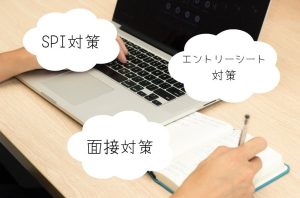
(2) Phân tích bản thân và nghiên cứu công ty thật kỹ
Phân tích bản thân không chỉ là để chuẩn bị cho tìm việc, mà là một quá trình suy nghĩ về “cuộc sống” và “sự nghiệp” trong suốt thời gian dài. Tôi khuyên bạn nên thảo luận với bạn bè và người đi trước để hiểu rõ hơn về bản thân. Lúc này, bạn nên nhìn nhận từ ba góc độ: “Những điều xã hội cần”, “Những điều bạn muốn làm”, và “Những điều bạn có thể làm”. Khi phỏng vấn, bạn cần có khả năng giải thích một cách logic về “Bạn muốn làm gì trong tương lai”, “Lý do bạn muốn làm điều đó”, “Cơ sở chứng minh bạn có thể làm điều đó”, và “Lý do ngành nghề, công ty nào là sự lựa chọn tối ưu để thực hiện điều bạn muốn làm” sao cho người phỏng vấn có thể hiểu và đồng cảm với bạn.
Khi tôi bắt đầu tìm việc, tôi không nghiên cứu công ty quá kỹ lưỡng. Tôi nghĩ chỉ cần đọc hết trang web của công ty là đủ. Tuy nhiên, khi bước vào giai đoạn cuối của quá trình tìm việc, tôi nhận ra rằng việc phân biệt bản thân với các ứng viên khác là vô cùng quan trọng. Vì vậy, tôi đã dành thời gian nghiên cứu công ty kỹ lưỡng, làm rõ lý do và mục tiêu của bản thân để có thể thể hiện rõ sự quan tâm và sự khác biệt so với các ứng viên khác trong buổi phỏng vấn.
(3) Nộp cả đơn vào các công ty vừa và nhỏ
Ban đầu, tôi không hiểu rõ về các công ty vừa và nhỏ, vì vậy tôi chỉ nộp đơn vào các công ty lớn hoặc những công ty có tên tuổi. Tuy nhiên, ngay từ giai đoạn đầu, tôi khuyên bạn nên thử nộp đơn vào một số công ty vừa và nhỏ hoặc các công ty khởi nghiệp, ngay cả khi bạn không có ý định làm việc tại đó. Bởi vì, cách làm việc, môi trường công ty của các công ty lớn, công ty khởi nghiệp và công ty vừa và nhỏ đều khác nhau, và công ty phù hợp nhất với bạn có thể không phải là công ty lớn. Các công ty vừa và nhỏ hoặc công ty khởi nghiệp thường dễ dàng cung cấp cơ hội phỏng vấn hơn, và bạn sẽ học được rất nhiều qua các cuộc trò chuyện với bộ phận nhân sự và người phỏng vấn. Thông qua các cuộc trao đổi với công ty, bạn có thể gặp được những công ty mà bạn muốn làm việc, và nếu may mắn nhận được thư mời làm việc, bạn sẽ có thêm sự tự tin.

3. Cuối cùng
Nhiều công ty Nhật Bản đang tích cực tuyển dụng du học sinh. Nếu bạn muốn làm việc tại Nhật, việc chuẩn bị từ sớm là rất quan trọng. Du học sinh thường không quen thuộc với thời gian và quy trình tuyển dụng của Nhật Bản, và thường bắt đầu muộn hơn so với sinh viên Nhật. Để tránh tình trạng này, hãy trao đổi thông tin với bạn bè xung quanh, bao gồm cả bạn Nhật, và cùng nhau tham gia quá trình tìm việc. Khi gặp khó khăn, các bạn có thể hỗ trợ nhau. Hãy tận dụng trung tâm nghề nghiệp của trường để được giúp đỡ. Việc tham khảo ý kiến của các thầy cô trong trung tâm nghề nghiệp từ sớm sẽ giúp bạn hiểu rõ hơn về những gì cần làm!
Chúc các bạn tìm được công việc yêu thích tại Nhật Bản. Cố gắng lên nhé!
(Tác giả: Đại học Doshisha, Li YuanJin)





